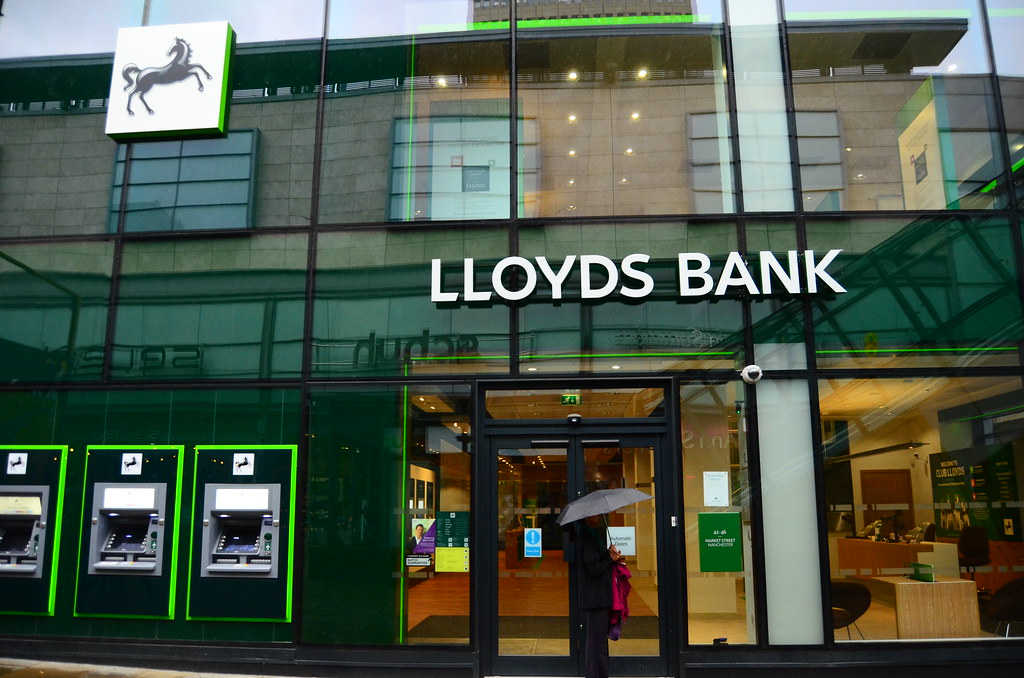Lloyds Banking Group has seen its profit before tax drop by 7% year-on-year in the first quarter, reaching £1.53bn.
The bank said the fall was a result of impairments and slightly higher costs.
Furthermore, its operating costs increased by 6% to £2.55bn, while its underlying profit fell by 13% year-on-year to £1.53bn.
However, in the three months to 31 March, Lloyds’ net income increased by 4% annually to £4.39bn, as its net interest income jumped by 3% to £3.29bn.
Its UK mortgage balance sheet stood at £317.1bn in this period, which is an annual increase of 4%, while its credit cards balance sheet rose by 5% to £15.9bn.
Group chief executive at Lloyds, Charlie Nunn, said: "In the first quarter of 2025, the group delivered sustained strength in financial performance. In particular, net income continues to grow, following the upward trajectory established in the second half of last year. We maintained our cost discipline and asset quality remains resilient.
“We continue to make good progress on our strategic transformation and deliver innovative ways for our customers to manage their financial needs and achieve their financial aspirations, in line with our purpose of Helping Britain Prosper. This supports our ambition of higher, more sustainable returns that will underpin delivery for all of our stakeholders."
Looking ahead, Lloyds said it expects to reach an underlying net interest income of £13.5bn in 2025 and is set to record operating costs of £9.7bn.
Furthermore, its return on tangible equity is estimated to reach 13.5%.
Investment director at AJ Bell, Russ Mould, concluded: "Unlike Barclays, which is a beneficiary of market volatility thanks to the trading part of its investment banking business, the current uncertainty is only bad news for Lloyds.
"The company has increased the amount set aside for bad debts – not based on anything it is seeing yet but as a prudent move to anticipate any impact from the recent turmoil. While there is no change to the current annual guidance, the first quarter showing was slightly behind forecasts thanks to the tariff-related adjustments and as the company absorbed the impact of higher costs.
"The loan book offers evidence of decent demand as the mortgage market picks up and overall, the company seems to be in reasonable shape."
Latest News
-
FCA receives 281 whistleblowing reports in Q4 2025
-
NatWest reports mortgage book growth
-
Number of mortgages in arrears continues to fall
-
Savers have ‘more choice than ever’, Moneyfacts reveals
-
Next Intelligence launches protection referral service with Dynamo
-
Landlord confidence softens slightly, study shows
Perenna and the long-term fixed mortgage market

Content editor, Dan McGrath, spoke to head of product, proposition and distribution at Perenna, John Davison, to explore the long-term fixed mortgage market, the role that Perenna plays in this sector and the impact of the recent Autumn Budget
The role of the bridging market and technology usage in the industry
Content editor, Dan McGrath, sat down with chief operating officer at Black & White Bridging, Damien Druce, and head of development finance at Empire Global Finance, Pete Williams, to explore the role of the bridging sector, the role of AI across the industry and how the property market has fared in the Labour Government’s first year in office.
NEW BUILD IN FOCUS - NEW EPISODE OF THE MORTGAGE INSIDER PODCAST, OUT NOW

Figures from the National House-Building Council saw Q1 2025 register a 36% increase in new homes built across the UK compared with the same period last year, representing a striking development for the first-time buyer market. But with the higher cost of building, ongoing planning challenges and new and changing regulations, how sustainable is this growth? And what does it mean for brokers?
Does the North-South divide still exist in the UK housing market?

What do the most expensive parts of the country reveal about shifting demand? And why is the Manchester housing market now outperforming many southern counterparts?
In this episode of the Barclays Mortgage Insider Podcast, host Phil Spencer is joined by Lucian Cook, Head of Research at Savills, and Ross Jones, founder of Home Financial and Evolve Commercial Finance, to explore how regional trends are redefining the UK housing, mortgage and buy-to-let markets.
In this episode of the Barclays Mortgage Insider Podcast, host Phil Spencer is joined by Lucian Cook, Head of Research at Savills, and Ross Jones, founder of Home Financial and Evolve Commercial Finance, to explore how regional trends are redefining the UK housing, mortgage and buy-to-let markets.
© 2019 Perspective Publishing Privacy & Cookies











Recent Stories